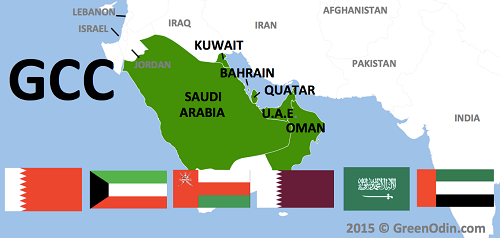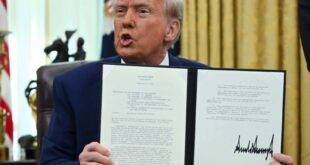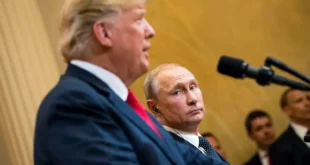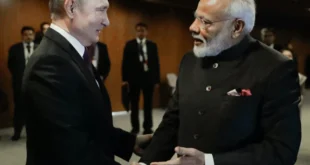James M Dorsey
Resolving the tug of war in the Middle East will require a backing away from approaches that treat conflicts as zero-sum games, and engagement by all regional and external players. To achieve that, players would have to recognise that in many ways, perceptions on both sides of the Gulf divide are mirror images of one another: all parties see each other as existential threats.
Like many paradigms across the globe, the pandemic and its associated economic downturn have changed the paradigm shaping debates about Gulf security that was inevitably set to gradually migrate from a unipolar US defense umbrella that shielded energy-rich monarchies against Iran to an architecture that was more multilateral. In many ways, the pandemic’s fallout has levelled the playing field and not necessarily in ways that favour current policies of Gulf states.
Saudi Arabia’s relations with the West are increasingly being called into question, with the Saudi–Russian oil price war in March potentially having broken the camel’s back. The Kingdom and the United Arab Emirates (UAE) stand to lose at least some of the financial clout that allowed them to punch above their weight even if they are likely to exclude arms purchases from their austerity measures.
Weakened financial clout comes at a moment when the Gulf states and Iran are gearing up towards an arms race in the wake of Iran’s recent satellite launch and unveiling of an unmanned underwater vehicle against the backdrop of the 2015 international agreement that curbed the Islamic Republic’s nuclear programme inching towards collapse. The unmanned underwater vehicle puts Iran in an elite club, of which the only other members capable of producing them are the United States, Britain and China.The satellite adds Iran to a group of only about a dozen countries able to do launches of their own
Add to this the fact that none of the regional players — Saudi Arabia, the UAE, Qatar, Iran, Turkey and Israel — feel secure that any of the external powers — the United States, China and Russia — are reliable security and geopolitical partners.
Gulf states have, for years going back to the era of Barak Obama if not Bill Clinton, increasingly perceived the United States as unfortunately their only option on the premise that they are not willing to change their policies, particularly towards Iran, but one that is demonstrably unreliable, unwilling to defend Gulf states at whatever cost, and at times at odds with them in terms of policy objectives.
The Gulf states’ problem is that neither Russia nor China offer real alternatives at least not on terms that all Gulf states are willing to accept. Russia is neither interested nor capable of replacing the United States. Moreover, its Gulf security plan is at odds with at least the policy of Saudi Arabia.
The plan calls for a security arrangement modelled on that of Europe under the auspices of the Organization for Security and Cooperation in Europe (OSCE). It would be an arrangement that, unlike the US defence umbrella in the Gulf, includes Iran, not directed against it. It would have to involve some kind of regional agreement on non-aggression.
Saudi Arabia, under Crown Prince Mohammed bin Salman, has made clear that it is not interested, as is evident in the pandemic where it has refrained, in contrast to other Gulf states, from reaching out to Iran with humanitarian aid even though it last year engaged in an indirect exchange with the Islamic Republic. That exchange died with the killing by the United States in January of Iranian general Qassim Soleimani.
 Geostrategic Media Political Commentary, Analysis, Security, Defense
Geostrategic Media Political Commentary, Analysis, Security, Defense





